
[ad_1]
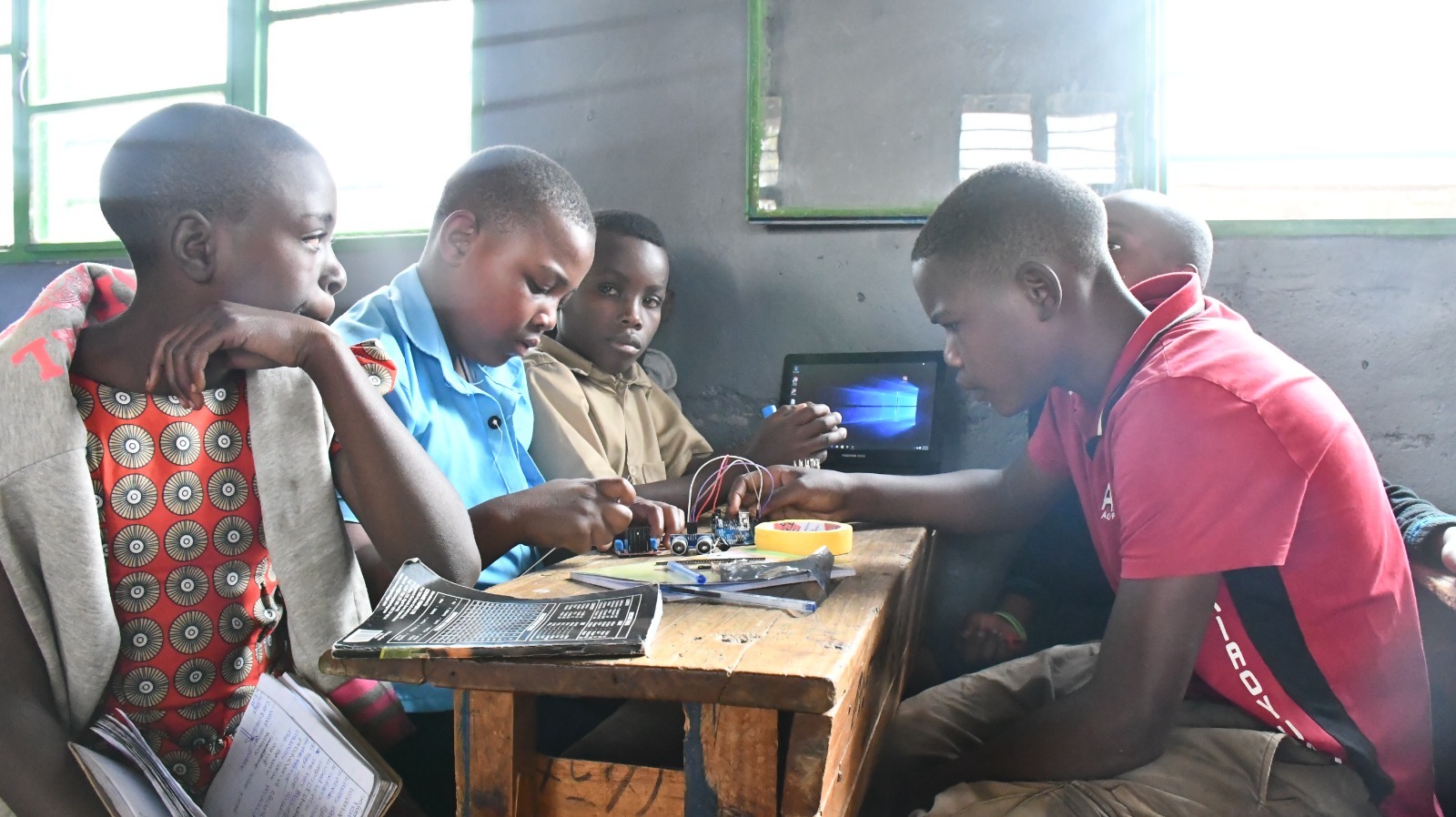
About 100 students, including primary and secondary school students, are receiving help to improve their skills in building robots.
The 100 children were selected from other children who were already doing well in the science and technology course known as SET or Science Based Technology.
Those robots, let’s make them from materials that are no longer used, such as cardboard, paper, bottles, cup lids, wood or wood and other things that children often use in their daily games; they gradually add other devices made with the same technology and connect them to the computer and use them for their intended purpose.
Some of the plans include driverless cars, small drones known as “drones,” hands-free garbage disposals, sprinklers that provide water without having to be turned on, alarms that sound when someone approaches the area, lights on the roads it guides vehicles along while avoiding collisions with other vehicles.
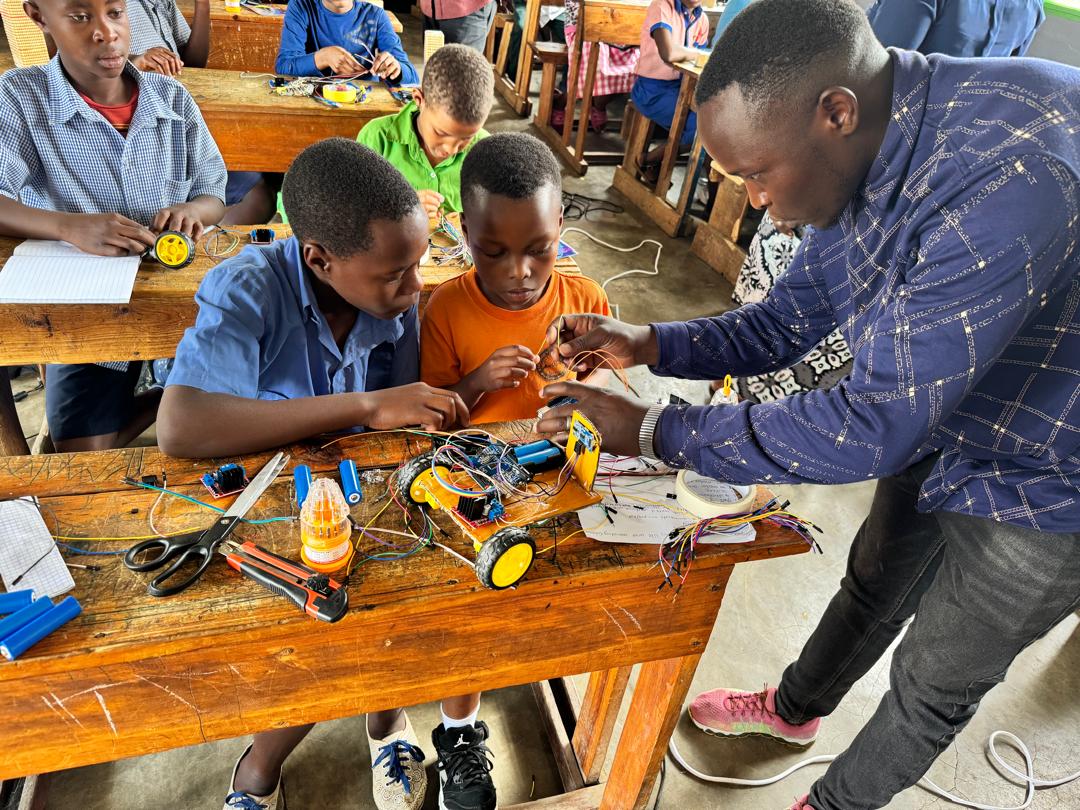
The children said the skills they learned would help them realize their dreams
It’s a project that these kids can be proud of because it brings them out of isolation, stops them from wandering, and gives them the opportunity to improve their talents.
Ineza Yvan, a graduate of GS Kampanga Primary School, said: “During the holidays, we used to sit at home and do nothing, and when we escape from our parents, we go wandering because we have nothing to do. They help us with these classes, they help us remember and benefit from new things, and this helps us love technology more.
The aim is to expose children to technology in a higher way and train them to learn culture in their daily activities and not just in school.
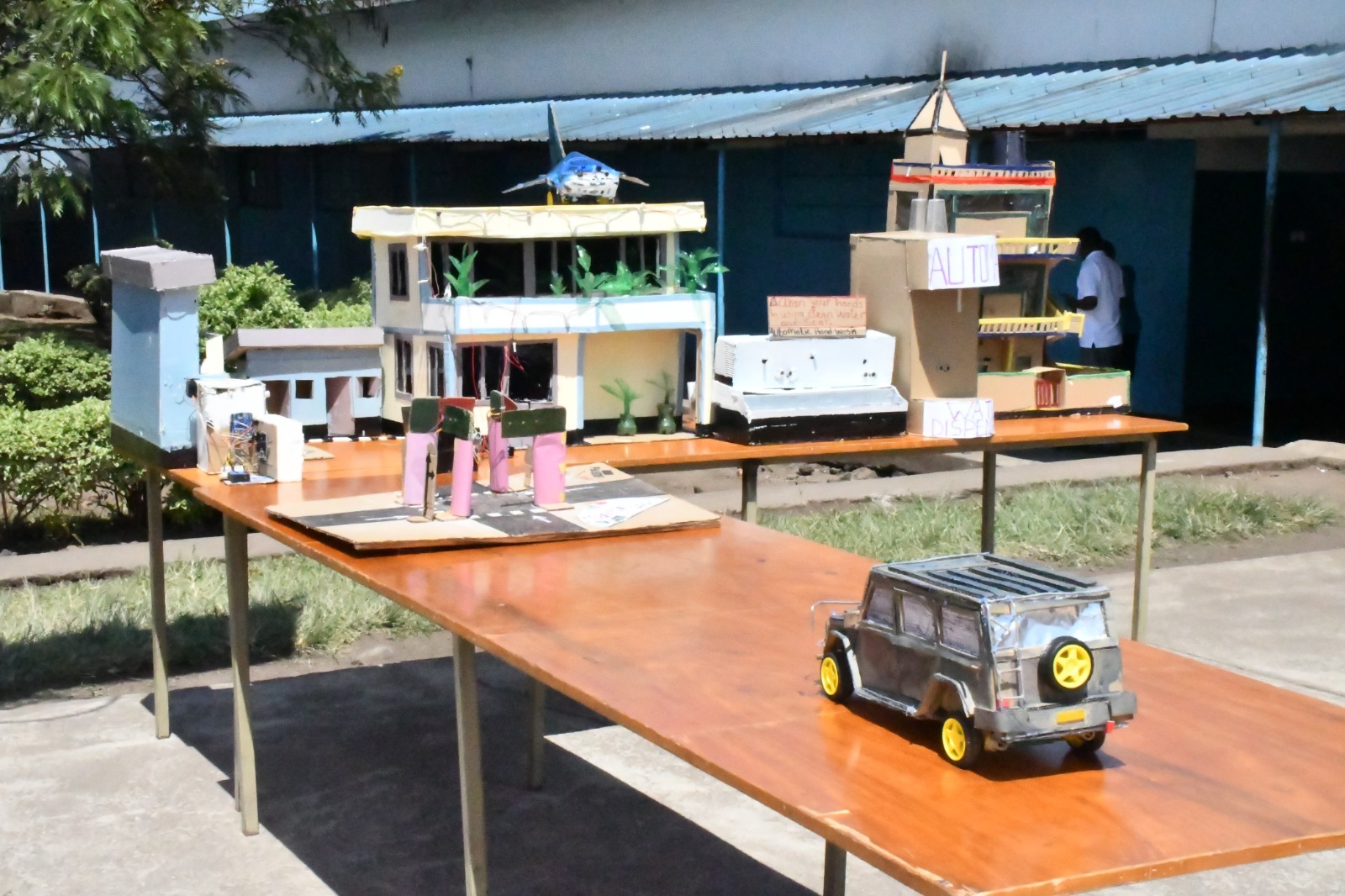
The basic tools used include those used in conjunction with other techniques
Nyirabatoni Clementine, who leads the international group Teaching Through Play Rights in Musanze and Rubavu regions, also works with Musanze region on the project.
“Introducing technology to children at a young age can help them grow, realize their values and be more productive,” he said.
He continued: “At the moment, we have examples where children are starting to understand how to make traffic lights or their imitations that can prevent accidents. It shows that these children, although still young, are dreaming of solutions to some of the problems that people face. So if we start to foster a love of technology in them from the devices they use when they play games, they will be able to expand a lot of things and reach higher levels.”
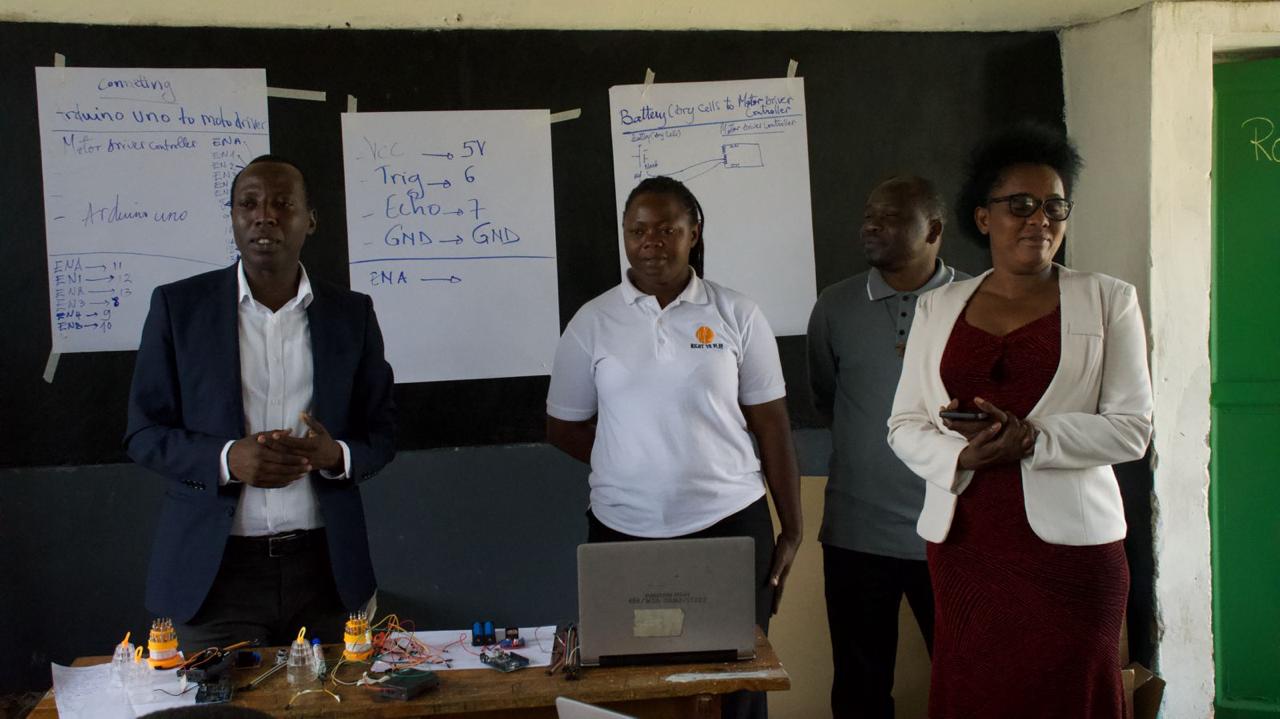
The Musanze District Governor, Deputy Commissioner for Public Welfare, Kayiranga Théobard, encouraged the children to benefit from the project, which was set up for them to improve their knowledge and thus take them on their journey to Rwanda. Participation is based on technology.
The programme is expected to last for two weeks and the beneficiaries are children selected from 25 schools, including both public and private schools in Musanze District.
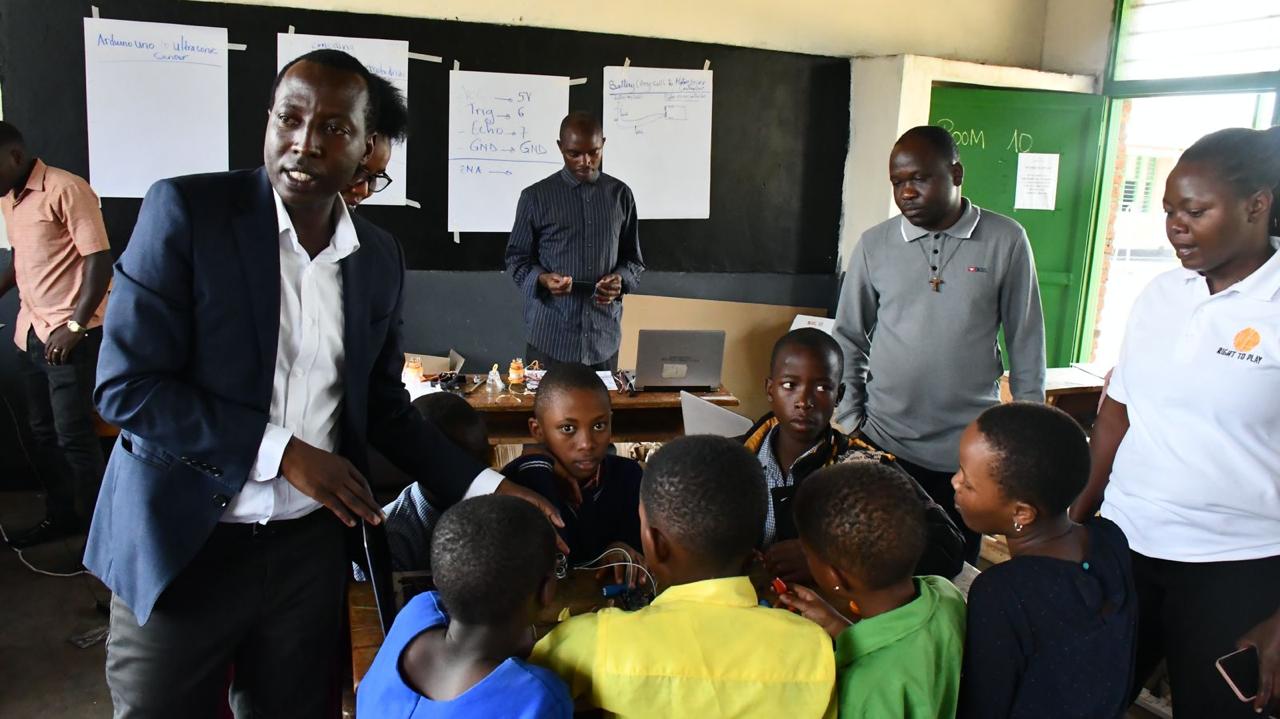
Management urged them to make full use of this opportunity
[ad_2]
Source link


